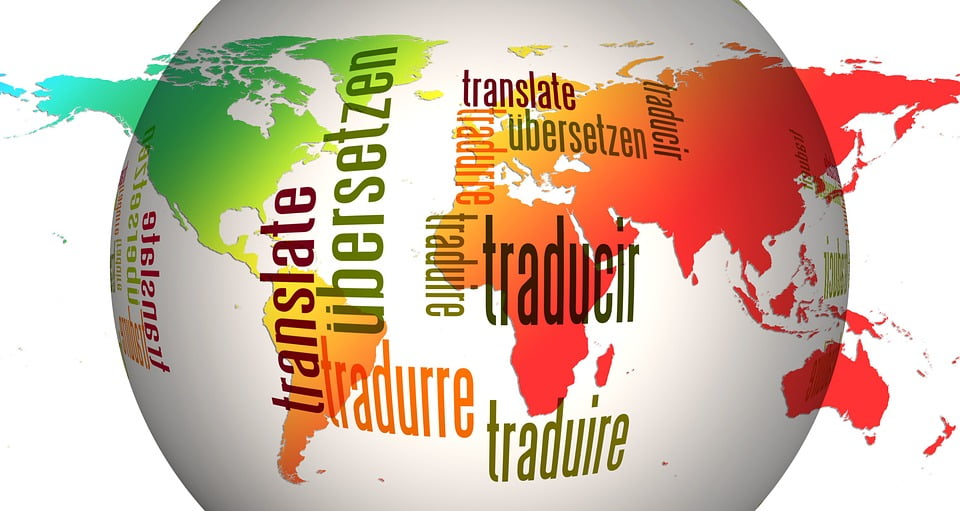
It’s the London Marathon this weekend! The big race is held annually in the spring and this year we’ll see over 55,000 people take to the streets of London for the 26.2 mile course. Whatever the weather, thousands will be lacing up their trainers with over 75% running to raise money for charity. Read on to learn more about this long-distance race and explore vocabulary and conversation topics in our fun London Marathon EFL lesson. (more…)








![By GDJ — https://openclipart.org/user-detail/GDJ [<a href="http://creativecommons.org/publicdomain/zero/1.0/deed.en">CC0</a>], <a href="https://commons.wikimedia.org/wiki/File:GDJ-World-Flags-Globe.svg">via Wikimedia Commons</a> English in International Trade: Britain's Secret Weapon Post Brexit?](https://www.myenglishlanguage.com/wp-content/uploads/2017/12/globe-flags.png)
